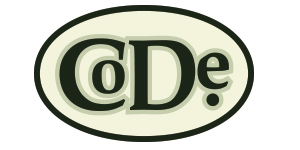- February 10, 2009
- Posted by: thestateofart
- Categories: Cosmos, Literature
One of the most interesting topics I approach in my latest pop philosophy book,  Everyone Agrees: Book I: Words, Ideas, and a Universal Morality , is the fact that the words we use are not the ideas they represent. In other words, when you use a word—say, “fascist,” for instance, it can mean something completely different to your conversation partner than you intended it to mean.
Everyone Agrees: Book I: Words, Ideas, and a Universal Morality , is the fact that the words we use are not the ideas they represent. In other words, when you use a word—say, “fascist,” for instance, it can mean something completely different to your conversation partner than you intended it to mean.
Case in point is the Amazon discussion I started regarding the political wing of the Nazis and Stalinist Soviets. While most people would define the two parties identically (both were politically, socially, economically oppressive), they would place the two on opposite sides of the political spectrum (most people claim that the Nazis were right-wing and most claim that the Stalinists were left-wing).
This shows that the labels of political wing have become pretty pointless—they don’t really describe anything of value. This creates a problem when you argue with someone who you think is on the opposite end of the political spectrum. The solution is that you should simply define your terms. Don’t rely on the abstract label of right- or left-wing to get your point across.
Only when we look to get to the truth and avoid the artificial divide created by misunderstanding will we ever progress as a society.
For more on these ideas, have a look at Everyone Agrees: Book I: Words, Ideas, and a Universal Morality

